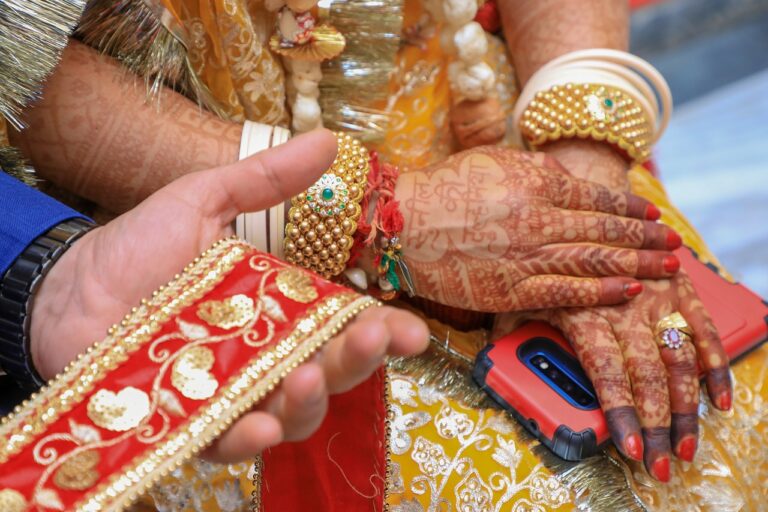Exploring the Concept of Electoral Integrity: 99exch, Laser247 club, World777 contact number
99exch, laser247 club, world777 contact number: Exploring the Concept of Electoral Integrity
In recent years, electoral integrity has become a hot topic of discussion around the world. With the rise of technology and social media, ensuring fair and transparent elections has become more challenging than ever before. In this article, we will delve into the concept of electoral integrity and examine its importance in a democratic society.
What is Electoral Integrity?
Electoral integrity refers to the principles and practices that ensure elections are free, fair, and transparent. This includes everything from voter registration and polling procedures to campaign finance regulations and the counting of ballots. When electoral integrity is upheld, citizens can have confidence that their votes will be counted accurately and that the election results will reflect the will of the people.
The Importance of Electoral Integrity
Electoral integrity is crucial for maintaining the legitimacy of democratic governments. When elections are marred by fraud or manipulation, it erodes trust in the electoral process and undermines the foundation of democracy. Without electoral integrity, citizens may become disillusioned with the political system and be less likely to participate in future elections.
Ensuring Electoral Integrity
There are several key factors that contribute to electoral integrity. These include:
– Independent election management bodies
– Transparent electoral laws and procedures
– Equal access to the electoral process for all candidates and political parties
– Safeguards to prevent voter intimidation and fraud
– Robust mechanisms for monitoring and verifying election results
By upholding these principles, countries can ensure that their elections are conducted in a free and fair manner.
Challenges to Electoral Integrity
Despite the best efforts of governments and election officials, there are still numerous challenges to ensuring electoral integrity. These include the rise of disinformation and fake news, the influence of money in politics, and the use of technology to manipulate voter behavior. Addressing these challenges requires a multi-faceted approach that involves cooperation between governments, civil society organizations, and the media.
FAQs
Q: Can electoral integrity be guaranteed in every election?
A: While it is difficult to ensure 100% electoral integrity in every election, countries can take steps to minimize the risk of fraud and manipulation.
Q: What role can citizens play in upholding electoral integrity?
A: Citizens can help uphold electoral integrity by reporting any instances of fraud or irregularities they witness during the electoral process.
Q: How can technology be used to enhance electoral integrity?
A: Technology can be used to improve voter registration systems, enhance transparency in the electoral process, and prevent fraud through measures such as electronic voting machines.
In conclusion, electoral integrity is a cornerstone of democracy that must be protected and upheld. By implementing measures to enhance transparency and fairness in elections, countries can ensure that their political systems remain legitimate and representative of the will of the people.







